
Animal Spirits
How Human Psychology Drives the Economy, and Why It Matters for Global Capitalism
Recommendation
Nobel laureate George A. Akerlof and prescient Yale economics professor Robert J. Shiller explain the role of human psychology in markets. They say conventional economic theory assigns too much weight to the role of reason in economic decision making, and too little to the role of irrational emotional and psychological factors. That insight would have been novel a few years back, but numerous other authors have made the same point, though few with such sterling credentials. Having asserted their beliefs and offered evidence about the power of emotions, or “animal spirits,” the authors prescribe curative policies, though they don’t always illuminate their proposals’ full real-world impact. Akerlof’s and Shiller’s distinguished reputations command attention, and getAbstract confirms that their book is worthwhile reading. Yet, those who know the authors’ bodies of work may wish for even more insight.
Summary
About the Authors
George A. Akerlof, winner of the 2001 Nobel Prize in economics, is a professor at the University of California Berkeley. Robert J. Shiller, best-selling author of Irrational Exuberance and The Subprime Solution, teaches economics at Yale University.









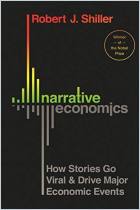
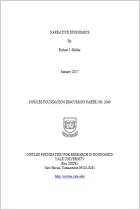
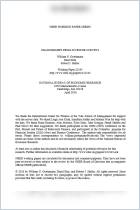
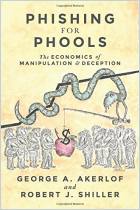
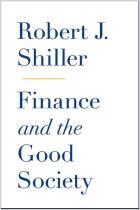
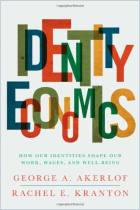
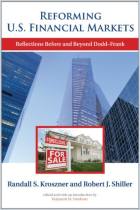
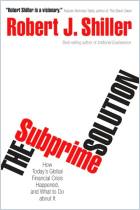
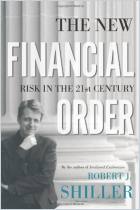
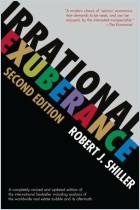
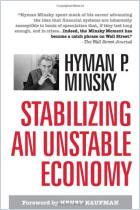
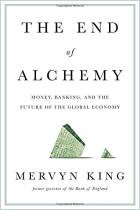
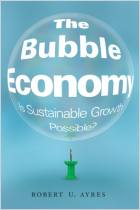
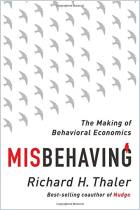
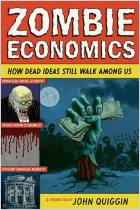
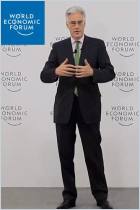


Comment on this summary or Iniciar a Discussão